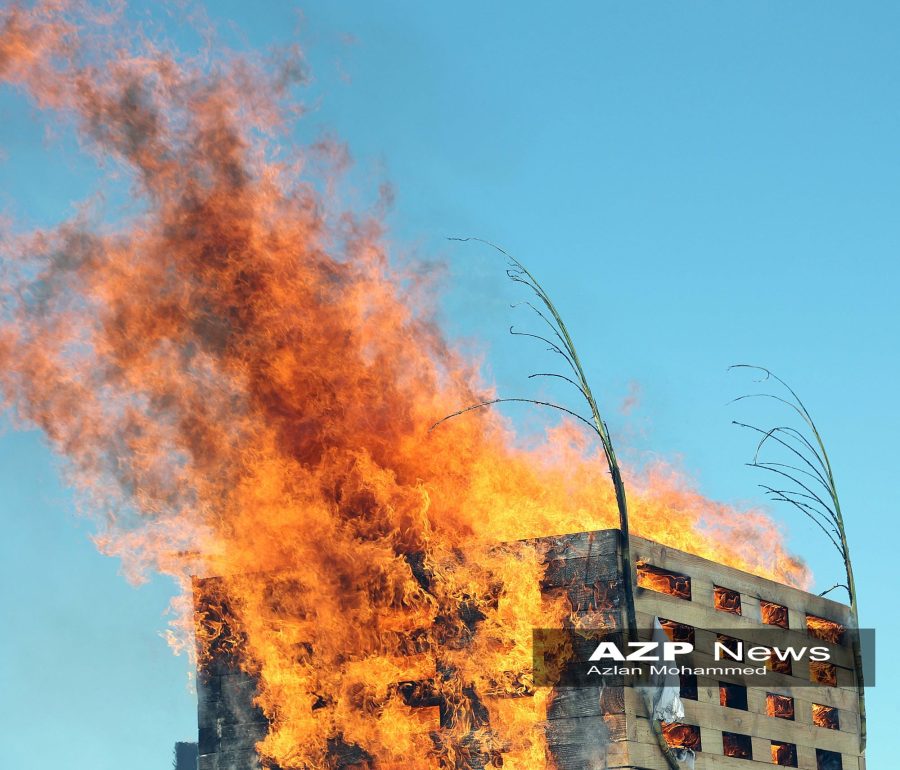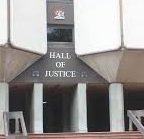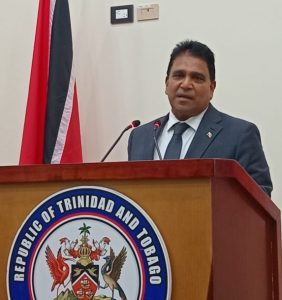Caption: File photo: The pyre of Basdeo Panday, the fifth prime minister of Trinidad and Tobago
By Prior Beharry
THE High Court has ruled that the government’s temporary ban on open-pyre cremations for Covid-19 victims during the pandemic was unconstitutional.
The decision not only imposed additional financial burdens on the relatives of the deceased but also infringed upon the constitutional right to liberty, particularly within the Hindu community, declared Justice Avason Quinlan-Williams in written ruling on Tuesday.
The judgment came as a result of a claim brought against the State by Cindy-Ann Ramsaroop-Persad, who was denied the opportunity to fulfill her father’s final wish of being cremated at the Waterloo cremation site.
While Justice Quinlan-Williams found that Ramsaroop-Persad’s constitutional right to liberty was breached, no financial compensation was awarded. The judge deemed the declaration of unconstitutionality sufficient to address the court’s findings.
Ramsaroop-Persad’s father, Seelochan Ramsaroop, passed away on July 25, 2021. Initially granted permission by the police to cremate his body at Waterloo, the family faced a rescinded permit later.
Represented by a team of attorneys led by Anand Ramlogan, SC, Ramsaroop-Persad’s case was the ban was in effect from July 2021 to January 2022. During this period, families of Covid-19 victims were prohibited from open-air cremations, with cremations allowed only at funeral agencies at a higher cost.
The state’s intention behind the ban was to prevent the spread of the virus through contact between mourners and the deceased. However, Justice Quinlan-Williams noted the unequal treatment, highlighting that other religions and individuals were allowed to dispose of their deceased in a manner that suited their beliefs.
The judge said the anguish caused to the Hindu community, deprived of the opportunity for traditional open-air pyre cremations. The ban not only burdened families financially but also strained the nation’s hospital mortuaries and funeral agencies.
Justice Quinlan-Williams suggested that guidelines, such as limiting the number of attendees, hand sanitization, and social distancing, could have been applied to open-air pyre cremations rather than imposing a total ban. She argued that these measures would have been less intrusive while still addressing public health concerns.
The judge declared the ban unconstitutional only after August 2021, as by then, the reasoning provided by Chief Medical Officer Dr Roshan Parasram was debunked by medical experts during the trial.
The court concluded that the ban, though well-intentioned, became discriminatory against the Hindu community after August 2021.

Support independent journalism. AZP News is an independent news organisation that is not affiliated with any big business and depends solely on advertising to pay our bills. Therefore, we are asking for the generosity of our readers to help us with small donations of any amount, but we will be happy with US$1, US$5 or US$10. Click Here to Donate
![]()













